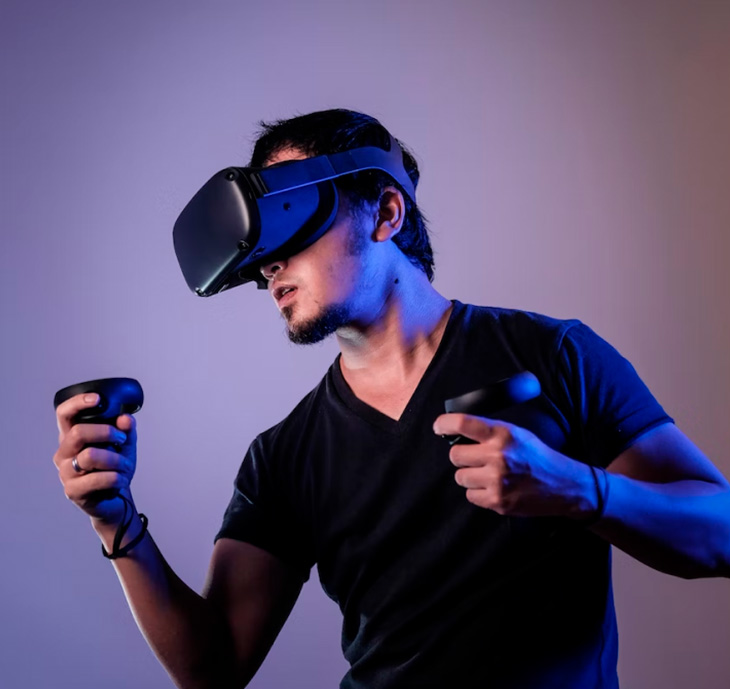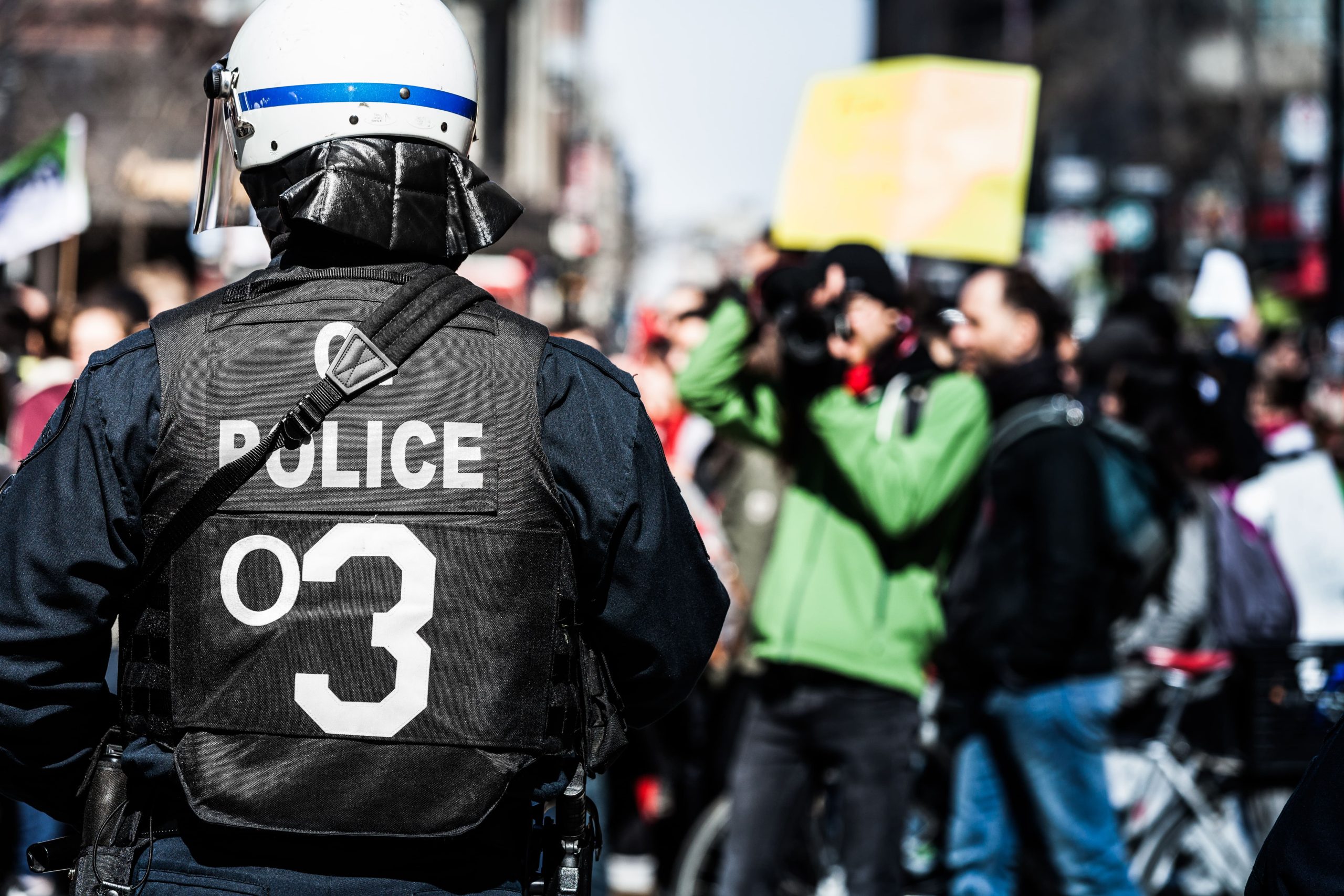In the United States, the persistent issue of violence by police officers toward African Americans has posed a significant social challenge. This problem is deeply rooted in both explicit racial bias and the more insidious implicit bias, leading to incidents that have strained communities and generated calls for change. In response to this complex and deeply concerning issue, two of Kiin’s visionary founders, Bernhard Spanlang and Mel Slater, have pioneered a project that combines technology, empathy, and education to promote social change.
From idea to reality: combating racism
The journey to Kiin’s transformative Police Behaviour project began with a powerful idea: using immersive technology to put police officers in the shoes of a young African American. Through the innovative technique of embodiment, made possible by VR technology, this ambitious project aimed to break new ground in fostering empathy and driving social change.
Walking in others’ shoes
Kiin’s transformative Police Behaviour project uses cutting-edge Virtual Reality (VR) to take participants through a powerful and immersive journey designed to nurture empathy:
1) Embodying the role of a police officer: The experience begins with participants assuming the role of a police officer in an interrogation room. Their virtual partner, another officer, starts questioning a black suspect, gradually adopting a threatening and racist tone, setting the stage for the unfolding narrative.
2) Becoming the suspect: Participants find themselves in the role of the suspect, experiencing the same interrogation they previously observed. This time, they hear their own recorded movements and dialogue, creating a profound shift in perspective.
3) Escalating aggression and threats: Returning to the VR world a week later, participants are immersed in a café scenario with the same officer present. An unexpected customer’s arrival quickly escalates tension, leading the officer to aggressively question the victim.
4) Building empathy: Those who have embarked on this VR journey from the perspective of the interrogated suspect exhibit a remarkable increase in empathy and support for the victim.
Transforming police attitudes
The research arising from this project offers compelling evidence of its effectiveness. The VR program catalyzes a significant shift in the attitudes of participating police officers, fostering a deeper understanding and empathy toward the communities they serve. This transformation plays a critical role in building improved relationships and trust between law enforcement and the public.
Scientific significance and the road ahead
The profound significance of this project rests in its ability to address implicit bias through experiential learning. Unlike explicit methods focused on changing attitudes, Kiin’s approach harnesses the power of VR to create more effective interventions against implicit bias. By concentrating on the experiential and implicit aspects of bias, this project represents a potent tool in the fight against implicit bias-driven aggression.
The scientific significance of this project is underscored by its publication in MIT Press Direct, marking a promising step towards a more inclusive and empathetic society. Kiin remains committed to pioneering VR experiences that inspire empathy, understanding, and a brighter future for all.
Join us in building a more empathetic world
Kiin’s Police Behaviour project exemplifies the transformative potential of VR in addressing complex societal challenges. By putting participants in the shoes of others, fostering empathy, and promoting change, we move one step closer to a world where understanding, trust, and unity prevail.
As Kiin continues its pioneering work, we invite businesses to explore how our innovative VR solutions can make a difference. Request a demo today and join us in building a more empathetic world.






